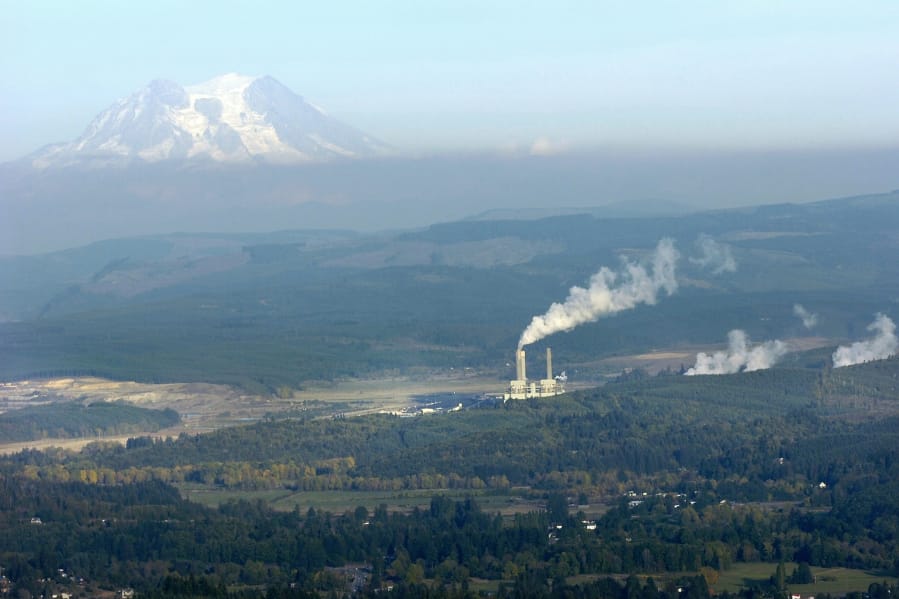The Southwest Washington Clean Air Agency has fined the TransAlta coal-fired power plant in Centralia more than $331,000 for exceeding federal mercury emission standards and improper operation of its air pollution equipment.
“I’m not aware of the agency ever issuing a penalty this high before,” said Southwest Clean Air Agency executive director Uri Papish.
He said it’s unclear whether Clark County’s airshed was affected by the emissions. He also said that TransAlta doesn’t have a history of violating its air permits.
“It’s a rare occurrence for them to exceed emission standards,” Papish said. During three separate occasions in 2017, TransAlta exceeded federal mercury emissions standard that, when combined, equalled a period of more than 3.5 months.
The plant’s permitted mercury emissions benchmark is 1.2 pounds per trillion British thermal units. Last summer, one of the plant’s boilers released up to 2.16 pounds per trillion for nearly two months alone.
The agency fined the plant $121,600 for the mercury violations.
The plant also released about 238 tons or 476,000 pounds of nitrogen oxides, an indirect greenhouse gas, into the atmosphere because it failed to operate its air pollution control equipment at optimal configurations as required. The Clean Air Agency says the violation occurred between Feb. 6 and Dec. 31, 2017. The plant’s annual nitrogen oxides emissions were as high as 7,800 tons per year in the last five years.
The average passenger car emits about 38 pounds of nitrogen oxides annually.
“They were required to optimize the operation of their pollution controls,” Papish said. “How the system works is they inject liquid urea, which causes chemical reactions that decrease nitrogen oxides. … We discovered they under-injected urea, which increased emissions.”
The agency fined TransAlta $210,000 for nitrogen oxides emissions violations.
Papish said all but $37,500 of the penalty is related to the economic benefit the company enjoyed by not purchasing the material it needed to be in compliance with its permit.
“We have our enforcement penalties so that the company doesn’t benefit from noncompliance,” he said.
The power plant self-reported the mercury exceedances. An engineer with the Clean Air Agency discovered the plant’s pollution control systems were under performing.
The company did not respond to requests for comment before press time.
TransAlta plant has a net electrical capacity of 1,430 megawatts, which it generates by burning Wyoming’s Powder River Basin coal by the trainload. It is one of the largest polluters in Washington.
The Calgary-based company is shutting down the Centralia plant. The two burners will shut down by the end of 2020 and 2025, respectively. However, it is considering converting at least one boiler to using natural gas.




